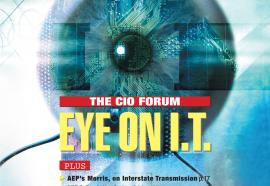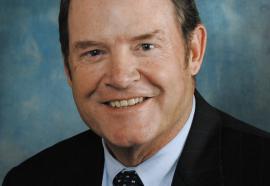A Constellation Of Risks
Will the deal with FPL serve the best interests of ratepayers?
Even as many hope that repeal of the Public Utility Holding Company Act (PUHCA) will lead to more efficient and rational corporate structures, they also fear that repeal could foster irrational exuberance, with mergers that fail spectacularly. Maybe that explains why every new utility merger announcement is being met with a much higher level of scrutiny than in past decades.








